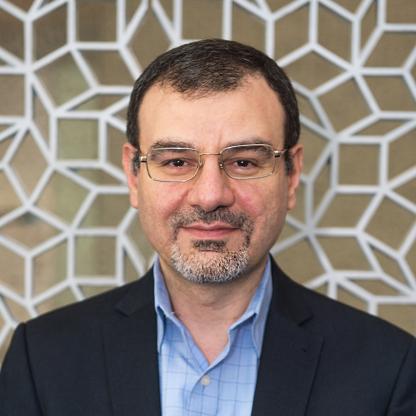Genetic factors play an important role in many complex diseases including type 2 diabetes (T2D). The heritability of T2D is 30-70%; relatives of patients have a three -fold increase of T2D risk. Genetic studies have identified over 100 genetic risk variants for T2D. However, most studies were performed in European and Asian populations and little is known about the contribution of genetic variations to T2D risk in the Qatari population. Other, less common forms of diabetes show clear inheritance patterns and are usually caused by mutations in a single gene (monogenic diabetes). Mutations in over 30 genes have been identified as the cause of monogenic forms of diabetes including neonatal diabetes mellitus (NDM) and maturity-onset diabetes of the young (MODY) but the prevalence of these mutations in the Qatari population is not known. The team will perform GWAS of diabetes and prediabetes compared to healthy controls to identify genetic variations predisposing diabetic and pre-diabetic states. Epigenetic factors will be investigated using MethylationEPIC BeadChip to assess DNA methylation profiles in a subset of 100 pre-diabetic cases compared to 100 controls. GWAS of diabetes will be conducted on cases compared to healthy controls to identify novel variations associated with T2D risk and assess the contribution of known predisposing genetic variations to T2D in the Qatari population. To assess the prevalence of mutations causing MODY in Qatar, they will investigate all deleterious mutations in the 30 genes known to cause monogenic forms of diabetes. Expected outcomes include identifying genetic and epigenetic risk factors for prediabetes and the prevalence and contribution of genetic factors to T2D and monogenic forms of diabetes in Qatar. Besides advancing the understanding of disease mechanisms, the findings from this project could be useful clinically in assessing patients at risk of developing prediabetes and target them for early intervention to prevent conversion into a full diabetes state and associated complications. Additionally, identification of the most common mutations causing MODY in Qatar will facilitate genetic testing and personalized treatment based on the causal mutation.









